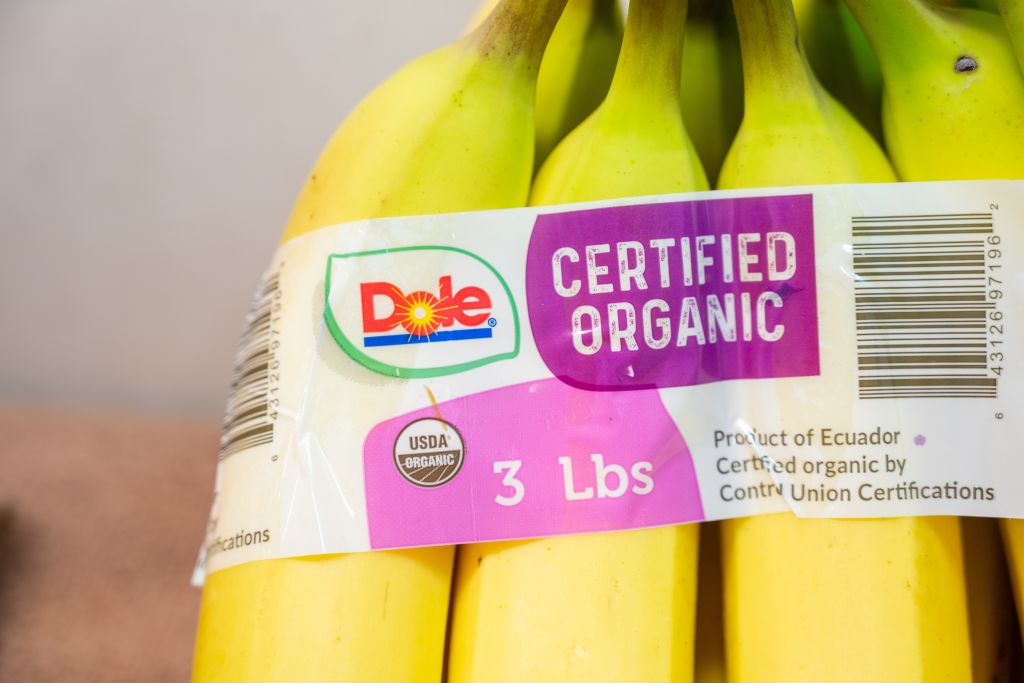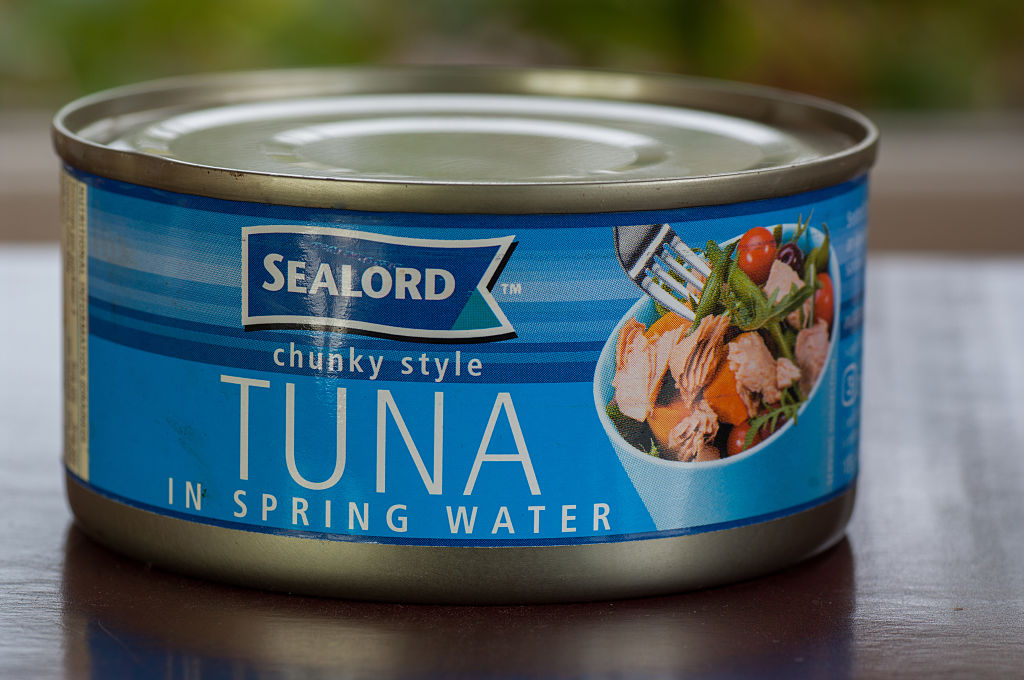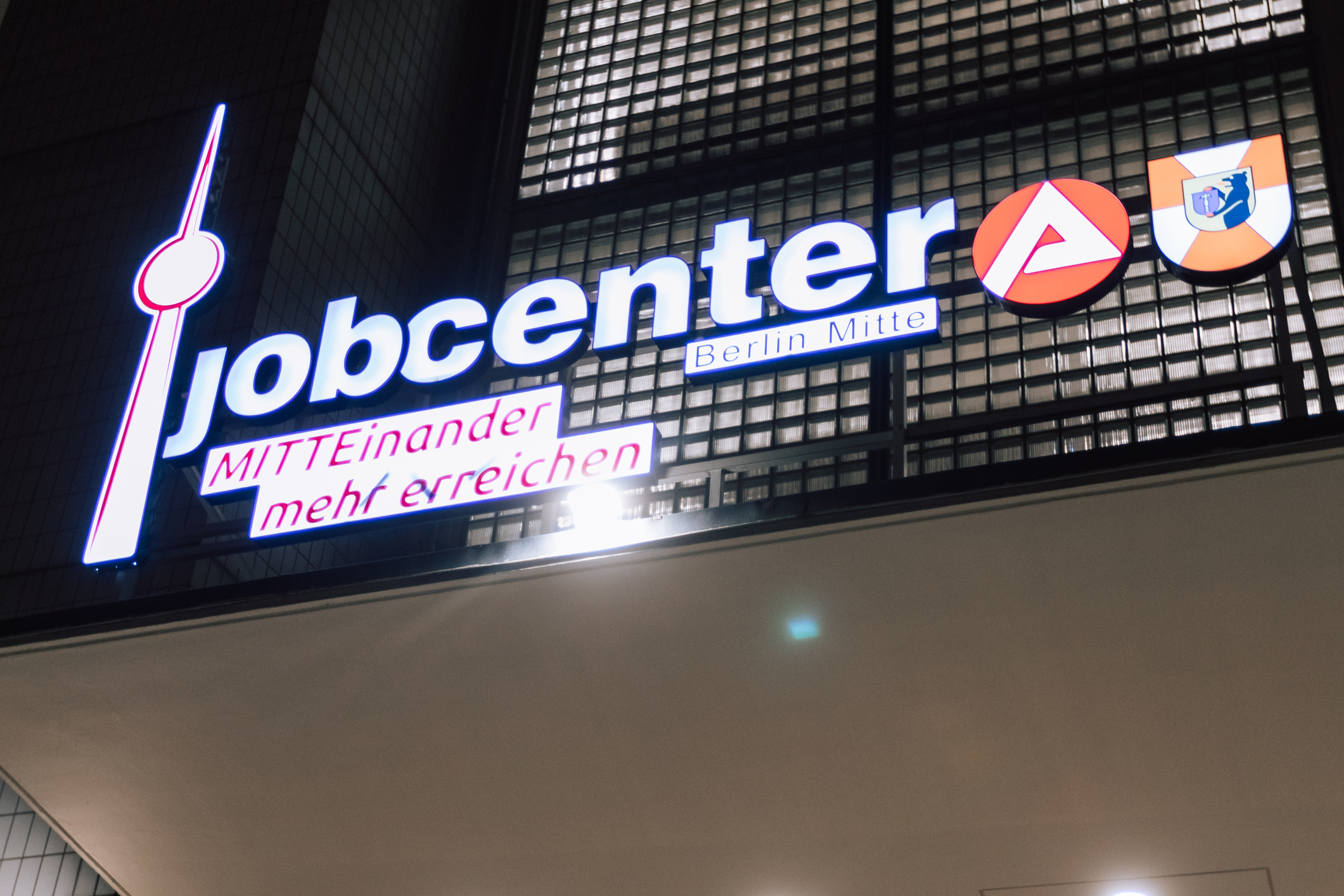Food NGO Food Watch, food consumer app Yuka and the French foundation League Against Cancer have launched a Europe-wide petition calling for a ban on aspartame, an artificial sweetener used in food and drink products across the European Union.
The three organisations claimed the additive posed a cancer risk and accused politicians of turning a blind eye to the potential dangers.
“An additive that brings nothing but health risks should not be present in our food: this is the basis of the precautionary principle,” argued Camille Dorioz of Food Watch France.
The petition called for a complete prohibition of aspartame, which is commonly labelled “E951” on drinks bottles and other products.
The group cited a July 2023 report by the International Agency for Research on Cancer (IARC), an arm of the World Health Organisation (WHO), which classified aspartame as “possibly carcinogenic to humans”.
According to the campaigners, this study added to more than 30 years of research linking the sweetener to harmful health effects.
They argued that beyond its potential carcinogenicity, aspartame was associated with an increased risk of type 2 diabetes, cardiovascular diseases and long-term weight gain — contradicting industry claims that it helped with weight control.
The trio decried the fact that, despite these warnings, the synthetic sweetener was widespread in Europe. They stated it was found in more than 2,500 food and drink products, from diet sodas such as Coca-Cola Zero to chewing gum, yoghurt, cereal, toothpaste and even certain medications.
Food Watch’s report, also published on February 4 titled Clean Washing Aspartame: Why Aspartame Needs to Be Banned, argued that the additive was a significant tool for the beverage industry, claiming it allowed corporations such as Coca-Cola and Sprite to avoid sugar taxes and maintain profitability.
“Corporate interests overshadow mounting concerns about its safety,” the report stated, pointing to what it called the heavy influence of industry-funded studies on regulatory decisions.
The campaigners argued that flaws in the approval process had eroded public trust, as policymakers continued to give the sweetener a free pass despite growing health concerns.
So far, 13,422 people have signed the petition.
Laurent Oger, director general of the International Sweeteners Association, said the campaign to prohibit aspartame was “misleading and risks confusing consumers, health authorities and the general public”.
Speaking to Brussels Signal on February 4, he said that various researches had found that the use of aspartame was “safe”.
“As part of an overall healthy diet and lifestyle, aspartame can be used to further public health objectives on sugar intake reduction and ultimately assist in weight and diabetes management, as well as with dental health,” he said.
The International Sweeteners Association represents the Coca-Cola Company and Pepsi, among 18 other members.





